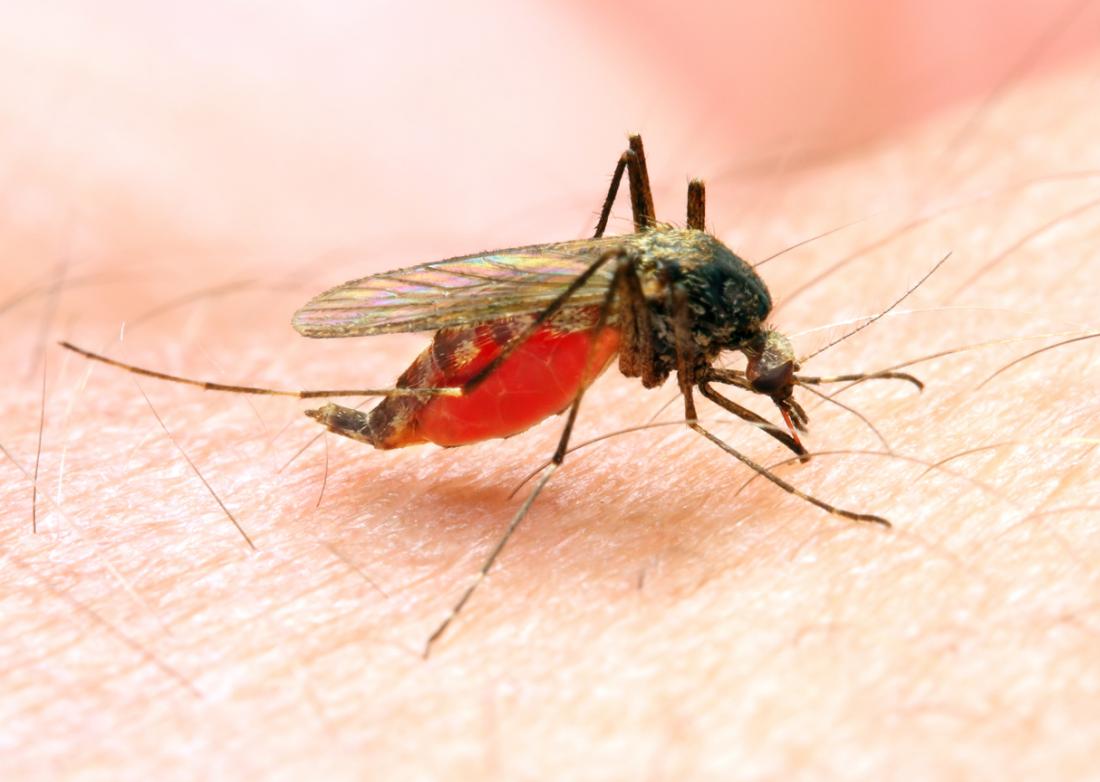
BY VANESSA GONYE ZIMBABWE is on course to win the fight against malaria, after a 70% drop in new cases, officials have said.
Health ministry social behaviour communications officer Fortunate Manjoro said Zimbabwe recorded a 70% reduction in malaria cases in 2021 compared to 2020.
“Malaria cases in 2020 were 447 382 compared to 133 134 in 2021 and 12% of the cases in 2021 were for children under five years. Malaria deaths in 2020 were 400 and in 2021 they were 122,” she said.
Manjoro added that Zimbabwe had been making progress in fighting malaria despite the COVID-19 pandemic through the implementation of World Health Organisation (WHO)-approved strategies for the prevention and control of malaria.
“These include spraying of houses with a chemical that kills mosquitoes, testing all suspected malaria and treating positive cases with effective medicines, use of long-lasting insecticidal nets, community engagement and participation, and giving malaria prevention medicines to pregnant women who reside in moderate to high malaria transmission areas.”
She said government provided services for free to affected communities in the country.
“We are at the peak of malaria transmission season, and I urge everyone to know the malaria symptoms that include fever/hot body, headache, joint pains and general body weakness, hot and cold spells (sweating, chills and shivering), loss of appetite, nausea, vomiting and sometimes diarrhoea. Anyone experiencing these signs and symptoms should go for testing and treatment within 24 hours of onset. Delays may lead to death.”
Manjoro said the country was yet to start using the malaria vaccine called RTS-S which was proven effective six years ago and was approved by WHO in October last year, targeting African children as they are highly affected by malaria.
- Chamisa under fire over US$120K donation
- Mavhunga puts DeMbare into Chibuku quarterfinals
- Pension funds bet on Cabora Bassa oilfields
- Councils defy govt fire tender directive
Keep Reading
“As a country, the vaccine is still under consideration, but has not yet been approved for roll out,” she said. Peter Olumese, a medical officer at WHO, said the world was generally struggling to deal with malaria, which mainly affects children and expecting mothers.
Olumese said a child died every two minutes from malaria globally, adding: “Globally, we are off-track to meet targets in eradicating malaria though efforts are being made, especially regionally, to eliminate it. COVID-19 had a risk of creating massive global destruction as it increased incidents of killer diseases prompting intervention strategies to be put in place.”
While Zimbabwe grappled with the COVID-19 pandemic in 2020, an outbreak of malaria hit parts of Mashonaland East province and other parts of the country.
The World Malaria Day, will be commemorated on April 25 under the theme Advance Equity: Build Resilience: End Malaria.
- Follow Vanessa on Twitter@vanessa_gonye










